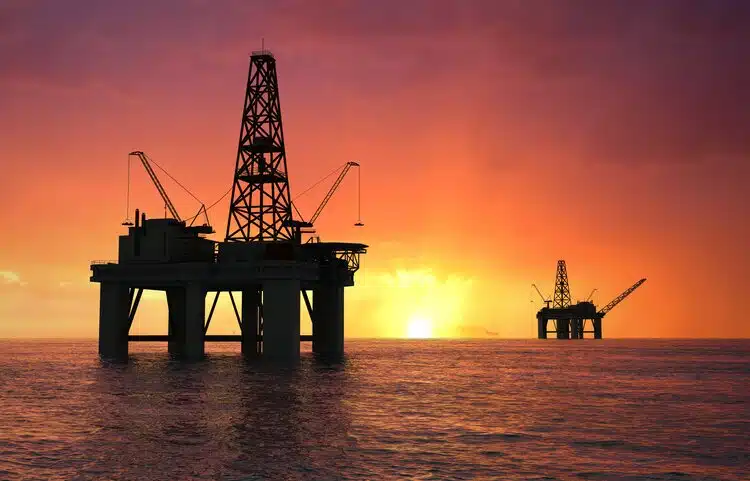On Tuesday, Saudi Arabia’s Energy Minister Prince Abdulaziz bin Salman reaffirmed his commitment to the OPEC+ alliance’s production cuts until the end of 2023. In an interview with Energy Intelligence, he stated, “There are those who continue to think we would adjust the agreement … I say they need to wait until Friday, Dec 29 2023 to demonstrate to them our commitment to the current agreement.”
The OPEC+ alliance comprises of the Organization of the Petroleum Exporting Countries (OPEC) and ten non-member oil-producing countries, including Russia. They have been working together since 2016 to manage oil output and stabilize prices. In response to the economic impacts of the COVID-19 pandemic in 2020, the group implemented cuts to production to manage the oversupply of oil in global markets.
The alliance initially planned to increase production in January 2021 but eventually decided to maintain the cuts in the face of ongoing uncertainty around the pandemic’s impact on global economic recovery. The cuts were last reviewed in July when OPEC+ decided to gradually increase production by 400,000 barrels per day but maintained the overall cuts until the end of 2022.
Prince Abdulaziz’s comments indicate that the alliance remains steadfast in its commitment to these cuts for the long term. The market reacted with WTI, the benchmark for US crude oil prices, challenging daily highs near $72.50, adding 1.04% on the day.
However, the statement comes as some countries, including the US, are pushing for increased production to counter rising fuel prices. This potential conflict has raised concerns about the future of the alliance’s unity and adherence to the production cuts.
Despite this, Prince Abdulaziz stated that he sees “no reason to believe there will be any significant deviation from this path” and emphasized the importance of cooperation within the alliance. He also noted that the OPEC+ agreement has been critical in stabilizing oil markets and restoring confidence in the industry.
Looking forward, the energy minister emphasized the need for long-term planning and stability in the oil market. He stated that the industry needs to be sustainable, support global economic recovery, and ensure adequate investment in future production capacity.
The OPEC+ alliance’s decision to maintain production cuts until the end of 2023 may provide some stability in the short term, but potential conflicts with calls for increased production could create challenges for the alliance in the future. Prince Abdulaziz’s comments signal the importance of cooperation within the group and a commitment to long-term planning and investment in the industry.


